Susana Cisneros, M.A., Lecturer, Languages and Culture Studies, UNC Charlotte
(meets at UNC Charlotte)
The Latino community in Charlotte today includes people from a wide variety of countries and features great diversity regarding their traditions, religion, social and economic background, legal status, and education. It is relevant to those of us in education to explore the waves of Latino generations over the decades and their experience with the Charlotte-Mecklenburg Schools system so that our job as educators may be more effective and far-reaching.
This seminar will explore the Latino communities from different perspectives, starting from the language as a barrier for some Latinos and as an advantage for others. The discussions will compare the country of origin of the Latinos and their location in the Charlotte-Mecklenburg area. Finally, the sessions will focus on reflecting on Latino success stories over time and generations.
In the second session, participants will experience a hands-on-session designed to understand what it might be like to live in a typical bilingual low-income family. This initial activity will trigger the discussion on future sessions as well as summer readings and activities.
Understanding the origin of the Latinos in our community will allow us to comprehend and value their traditions and point of view regarding education, social interactions and celebrations. The emphasis is on the appreciation of their resilience, determination and grit to provide a different future to upcoming Latino generations.
Considering the Latino origin and how language plays a key role in their possibilities to advocate for themselves, the participants will explore how legal status can be an advantage or disadvantage. Emphasis will be placed on analyzing a variety of legal situations and discussing how the school setting can impact the future of students and their possibility to reach their full potential. Furthermore, the sessions will aim to unpack some of the different relationships within the Latino communities, and to bridge the gap between them and non-Latinos.
This seminar may appeal most to individuals interested in social studies, English as a Second Language, elementary, middle, and high school teachers.
Explore curriculum units developed by Fellows in this seminar here.











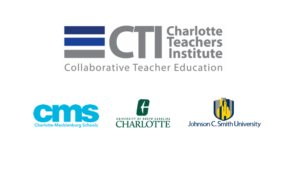
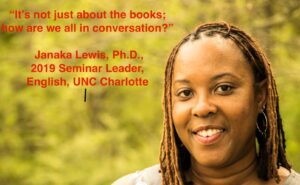
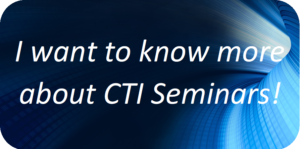
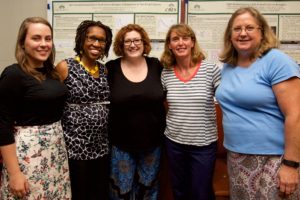
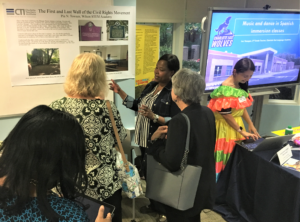
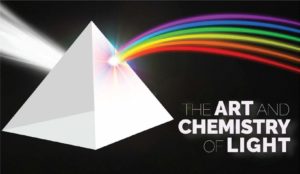




 Home
Home